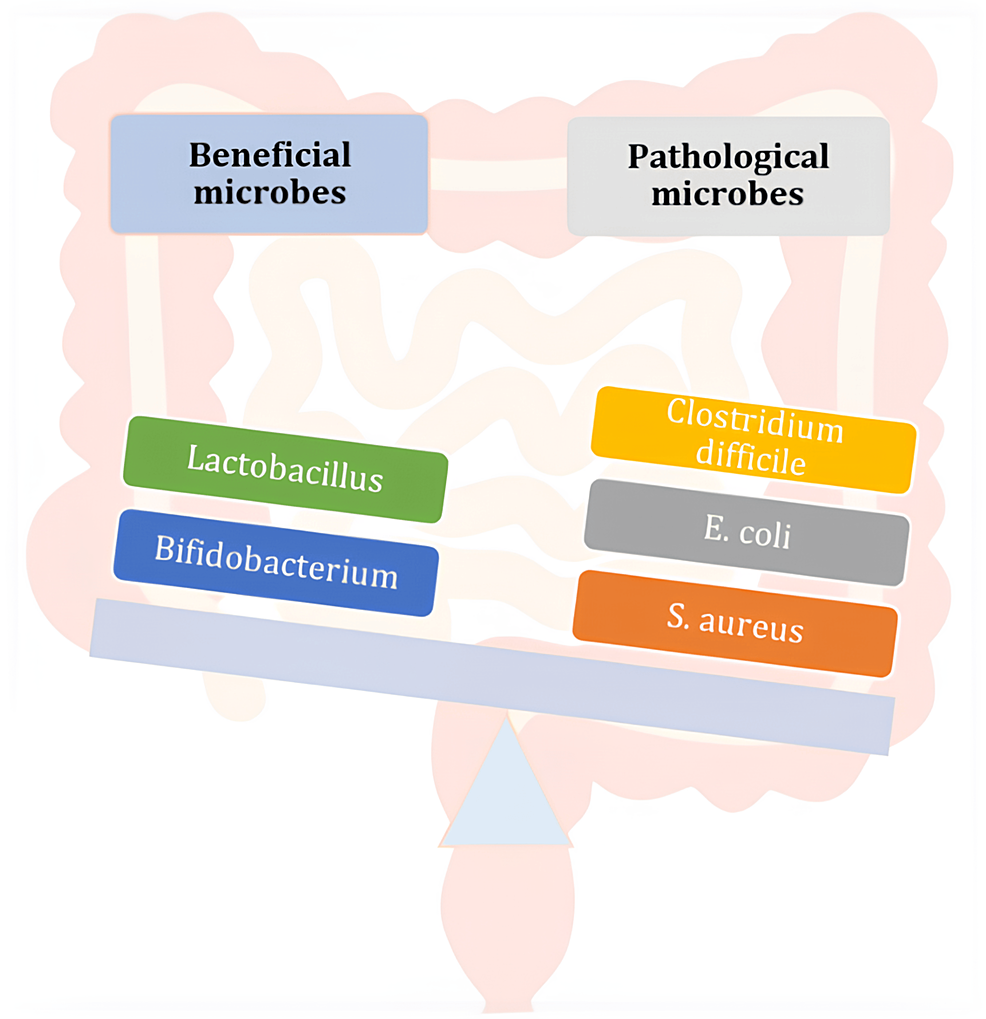Thomas J, Sachdeva M, Dhar S, et al. (July 15, 2024) Cureus 16(7): e64583. doi:10.7759/cureus.64583
Abstract
Background
 |
| Gut dysbiosis in atopic dermatitis |
Materials and methods
A steering committee comprising nine experts formulated consensus recommendations on the role of probiotics in the management of AD and associated flare-ups through the use of the Knowledge, Attitude, and Practices questionnaire while analyzing literature reviews and responses from a national panel consisting of 175 members. The evidence strength and quality were evaluated based on the Agency for Healthcare Research and Quality (AHRQ) criteria. The acceptance of expert opinions as recommendations was considered upon receiving an endorsement from ≥70% of the panelists, as indicated by a Likert scale.
Results
The national panel emphasized that the improvement in nutritional status, immunomodulatory properties, and beneficial effects on the gastrointestinal (GI) tract and skin support the use of probiotics in AD. The panel agreed that probiotics should be a part of the complementary therapy in the management of AD and associated flare-ups. Mostly, a probiotics supplementation duration of eight to 12 weeks is preferred by dermatologists. Probiotics, when used as an adjuvant therapy, may serve as a strategy to reduce steroid usage or maintenance therapy in high-risk cases with flares.
Conclusion
A Delphi-mediated KAP response provides a real-life approach to the use of probiotics in the management of AD. It suggests that probiotics could be useful as an adjuvant therapy in the management of AD and associated flare-ups when used along with traditional treatment.

No comments:
Post a Comment